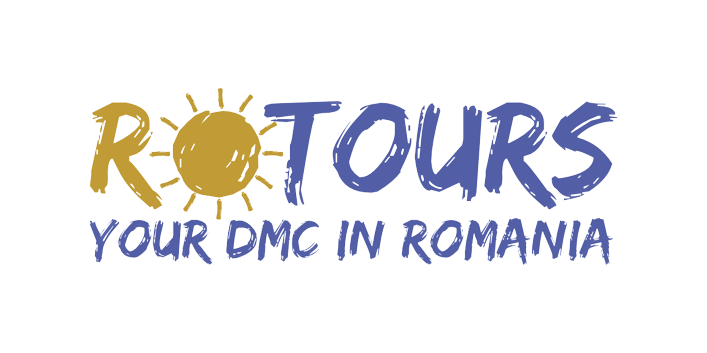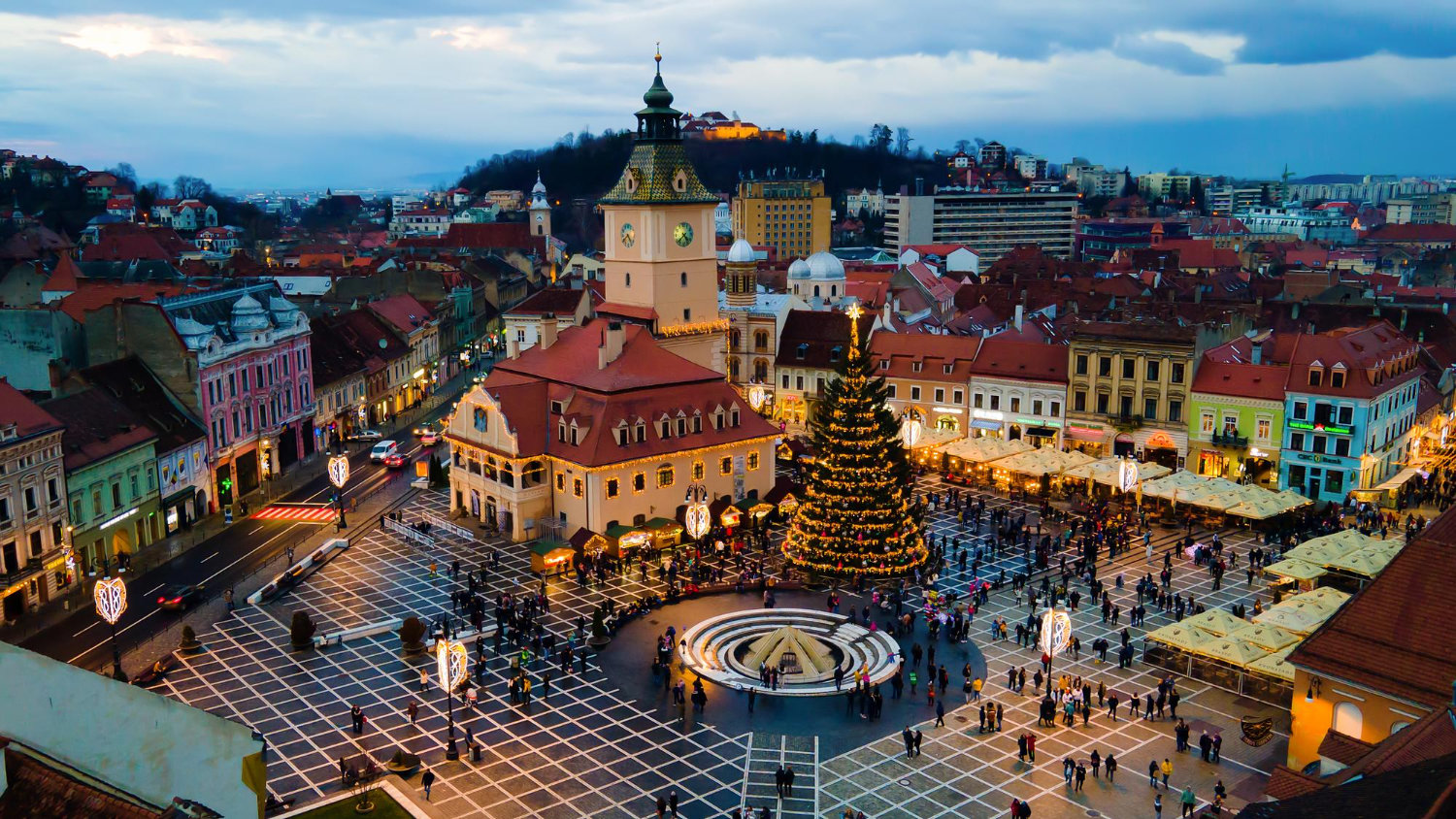In April, Robert Dee, the co-director of New Deal Europe, visited Moldova and Romania to report on the consequences of the conflict in Ukraine in these locations and to establish the NDE Virtual Marketplace and Forum in Chișinău, the capital of Moldova. This came as an attempt to support their tourism industry which has been affected by the current status.
„I wanted to check the situation for myself and report back to the agents and any potential travellers I’ve seen news reports of Iasi Airport crowded with refugees and I was hearing stories from incoming agents out there of cancellations as a result of the war. I vowed to show solidarity and support. Tourism in these two countries looked like has been adversely affected by the situation in neighbouring Ukraine so I went there to see the situation with my own eyes.”
Here, you can read his review of the tourist offering available in this region and genuinely determine if the refugee situation there should discourage anybody from visiting.
The idea for this trip started with his visit to the New Deal Europe Forum that took place in London, in the same month. Here, Rotours agency representative Virginia Lungu spoke movingly about the high number of cancellations received from international operators and agencies, cancellations mostly based on cancelling or postponing trips. Customers have clearly expressed their mistrust of these locations as they feel that a large number of refugees present here will adversely affect the quality of the time spent there. Virginia clearly denied these misconceptions explaining that in reality Ukrainian refugees fleeing the conflict were received at the border, housed in specially created centres where their data was collected and from where they were assessed and assisted to other final destinations in Europe. Romania is more just a transit country and a helping hand.
This information was confirmed to Robert in his travels by another journalist who crossed the border of the affected countries and later by his own experience. During the four days he spent, he did not see any refugees on the street, in the airport or in the places where he wandered, and he met only one family of Ukrainians crossing the border between Moldova and Romania.
„Iasi airport in Romania was not crowded with refugees. In fact, I never saw any and it took all of ten minutes to get through security before boarding my plane which was two-thirds full. The bus station in the Moldovan capital, Chisinau, was equally quiet, giving the impression of a standard day. I think that the journalist and I were the only two non-Moldovans and Romanians there.”
So, through the filter of his own experience but also from all the conversations with people he interacted with, Robert can now firmly affirm that Virginia was right with what she said and the situation was very well managed in the area, not having a visible impact on daily life, of residents or visitors.
As a conclusion to Robert’s journey: Moldova and Romania have really stepped up to offer all assistance to the refugees fleeing conflict in Ukraine, and after two years of a break because of the Pandemic, they desperately need tourists.
„Without doubt, they have a fantastic tourist offering and offer great value for money. I cannot recommend them highly enough.”
With this conclusion in mind let’s see what activities are available in this part of the world and which he enjoyed in particular.
This was not Robert’s first time seeing these regions of the world; he has been here before. And despite the fact that he had been to Moldova before and had a good time there, he took advantage of the opportunity this time to discover more of what Romania has to offer.
After opening the New Deal Europe Virtual Marketplace and Forum with a live broadcast from Chisinau City Hall and conducting meetings with local authorities, he had some free time to take in the sights of Moldova before making his way to Romania.
The highlight of this trip was Iași, one of the most important cultural, historical and economic hubs in Romania. „I was lucky enough to be guided around the city. In one of the local restaurants, I served local pork with polenta and aged goat’s cheese in a red wine demi-glace. I have to say, it was one of the more expensive items on the menu yet came in at under £13 while the wine averaged around £12 a bottle.”
Iași lays claim to being one of the cultural capital of Romania, and as a city with 60,000 students and no less than five universities, including the oldest in the country, it has a great and unique vibe that is hard to describe in a few words or in pictures.
In 1859, Moldavia and Wallachia merged to become modern Romania, which achieved independence from the Ottoman Empire in 1877. The city is teeming with history with churches of every faith, museums, and theatres, including the National Theatre, rated by the BBC as one of the ten best opera houses in the world, and the former palace of the Princes of Moldavia, now a vast museum complex.
„Fans of the post-war communist brutalist architecture, like me, will not be disappointed, as the area around the civic centre is littered with buildings from this period.”
The Palace of Culture in Iași and its exquisite gardens, the Metropolitan Cathedral, the “Anastasie Fătu” Botanical Garden, and the Gheorghe Asachi Library, ranked among the top 25 most beautiful libraries in the world, are all highly recommended by Robert. In the vicinity of this fairytale city, not even 60 km away and very easily accessible, you can also visit the Sturdza Palace, the neo-Gothic style castle built at the end of the 19th century, the Cuza Palace from Ruginoasa or the Cucuteni archaeological site – with original archaeology pieces dating from the Cucutenian culture period.
There is no question that Iași possesses all of the elements necessary to make it a fantastic destination for a city break. It should also be noted that Romania is the only country in the region with all types of topography and breathtaking landscapes sprinkled with imposing castles and fortifications. It is a hidden treasure awaiting discovery and exploration. Additionally, it is simple to get there thanks to direct connections from the United Kingdom provided by Blue Air and Wizzair.
Philosopher Martin Buber once said: „All journeys have a secret destination of which the traveller is not aware” and this is the perfect quote to describe this short but amazing trip that Robert did. We hope that Robert’s tale inspires you. If not for travelling to Romania or Moldova, then always double-check information and rely on your own experiences.
Source: New Deal Europe


